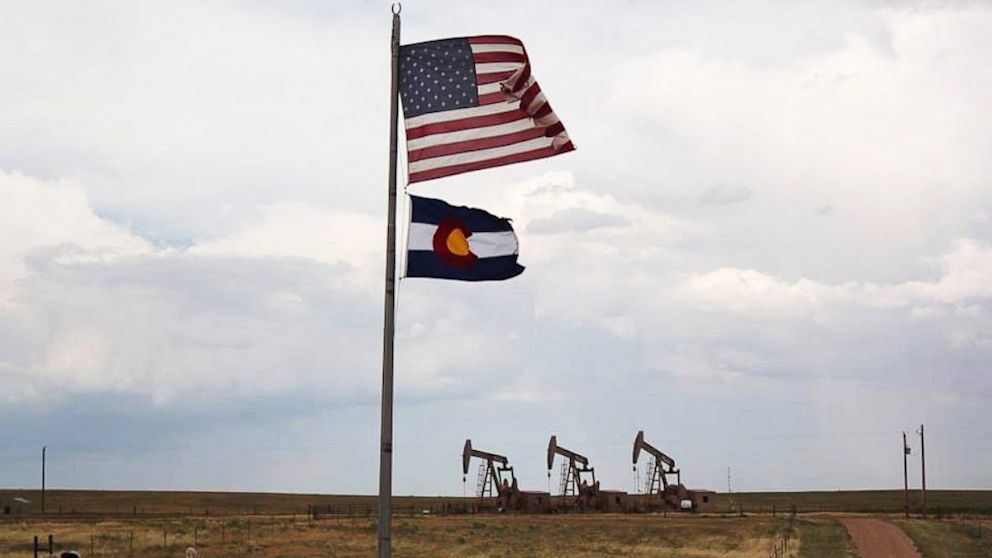Frustrated Rural Colorado Counties Want to Secede as 51st State
'New Colorado' and 'Lincoln' are names being considered for the possible state.

Oct. 7, 2013 — -- Eleven rural Colorado counties are threatening to secede and have put a 51st state initiative on their November 5 ballots, claiming that the government has no respect for their rural lifestyles.
"It really started with the last legislative session being the straw that broke the camel's back between the rural and urban divide," 51st State Initiative leader Jeffrey Hare told ABCNews.com.
"The two things that stood out were the gun control legislation and the alternative energy mandate that was forced upon the rural parts of the state," he said.
Hare, 44, is the father of three daughters and works in software security. He lives in Greeley, Colo., and said he got involved with the initiative in an effort to give his daughters a better future.
He believes that rural communities have "lost their voices" to urban growth.
"It stems back to years and years of neglect and, in some cases, outright hostility towards the rural parts of the state," he said.
The 11 participating counties are home to around 350,000 people, Hare said. It would be the smallest state in the country.
"The new state would have a much thinner state government in terms of authority and push things down to a local level," he said.
"North Colorado" was one of the first names to be considered for the new state, but didn't feel right because it would be a new state, not an extension of Colorado, Hare said. "New Colorado" is now one of the names being floated, along with "Lincoln" and "Liberty."
Hare also denies the notion that the secession movement is a partisan issue.
"In the rural part of the state, it is almost 50/50 Democrats versus Republicans, so this isn't really a Republican or Democratic concept," he said. "It's more of a rural/urban divide."
Colorado Gov. John Hickenlooper acknowledged that rural communities are hurting, but said it is not because of issues like guns or energy.
"There may be a political agenda behind secession I don't get, because when I think of Colorado it means all of our diverse communities and people," Hickenlooper said in an email statement. "I can't imagine Colorado being Colorado without the Eastern Plains."
"If this talk of a 51st state is about politics designed to divide us, it is destructive," the governor wrote. "But if it is about sending a message, then I see our responsibility to lean in and do a better job of listening."
Hare knows the process could be lengthy, but believes a change must happen, whether it's statehood or restructuring states to have more local authority.
"It has to work out in the long run because there's this ongoing disenfranchisement of rural communities," he said. "The dialogue may take a while. There's an educational process that has to happen for urban legislatures that don't really understand the desire for self-government and self-determination that people have in rural communities."
Steve Mazurana, professor emeritus of political science, at the University of Northern Colorado doesn't see secession succeeding anytime soon, but sees the need for a larger conversation.
"I think it's a long shot," he said. "Historically, many secession attempts have taken years, maybe decades. The odds are against a 51st state."
"They do have a point, to an extent," Mazurana said. "Rural folks and rural values just need much more consideration down at the state capitol."




